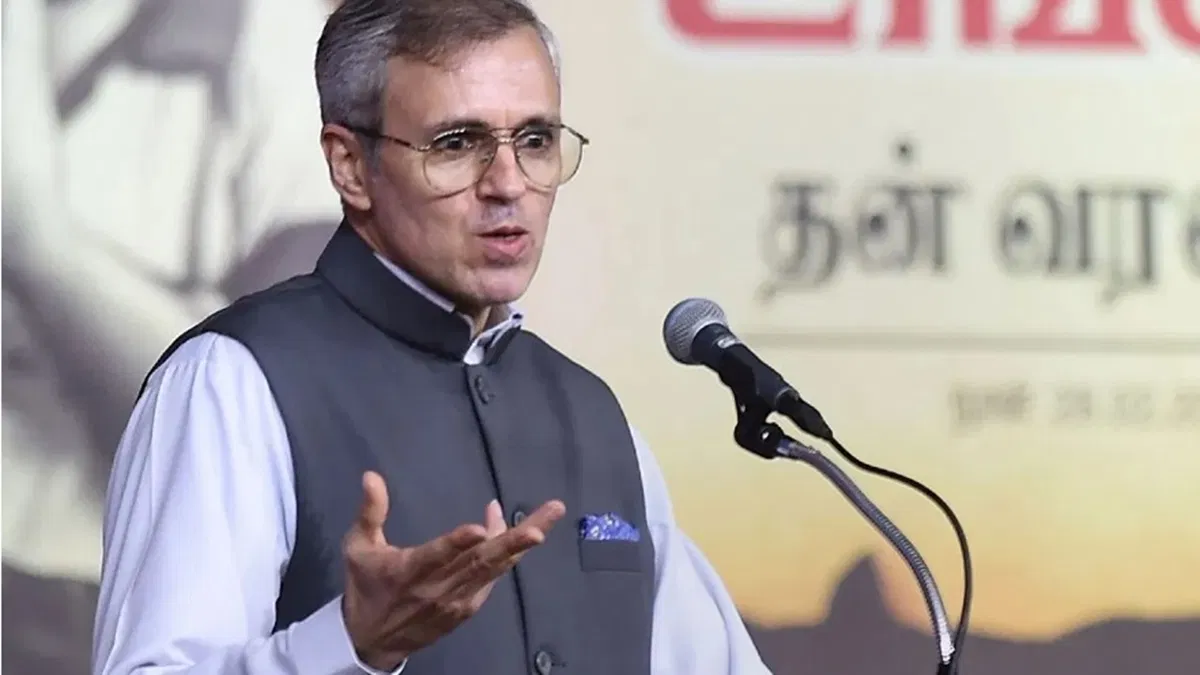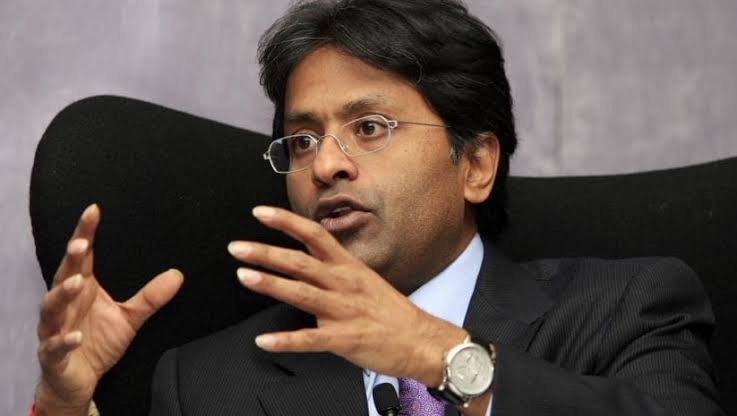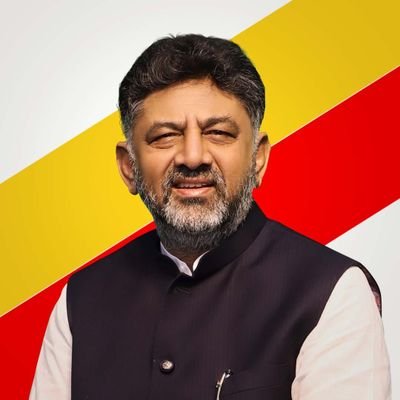On October 13, 2024, a significant milestone was reached in Jammu and Kashmir as President’s rule was revoked, allowing for the restoration of an elected government. This pivotal decision marks the end of nearly six years of direct central governance, which began following the collapse of the PDP-BJP coalition in December 2018. The implications of this transition are profound, as Jammu and Kashmir prepares to move toward a new era of local governance, driven by the needs and aspirations of its citizens.
A Brief History of President’s Rule in Jammu and Kashmir
The imposition of President’s rule in Jammu and Kashmir was necessitated by political instability, following the collapse of the coalition government. The transition to Union Territory status in October 2019 further complicated the political landscape, centralizing authority and limiting local governance. During this period, the central government took measures aimed at restoring security and order, often at the expense of local representation.
The lack of local governance left many citizens feeling disenfranchised, as their voices and concerns were overshadowed by bureaucratic decisions made far from their homes. This disconnection fueled dissatisfaction and unrest among the populace.
The Revocation Order: Key Highlights
President Droupadi Murmu’s announcement to revoke President’s rule comes as a moment of renewed hope for many in the region. The decision is based on the provisions of the Jammu and Kashmir Reorganisation Act, facilitating the appointment of a new Chief Minister without delay. Political leaders across party lines have welcomed this development, viewing it as a necessary step towards re-establishing democratic governance.
Omar Abdullah, Vice President of the National Conference, remarked, “This revocation signifies a commitment to restoring the political rights of the people. It is time for us to work together for a brighter future.” This sentiment underscores the urgency of addressing the needs and aspirations of the citizens.
Political Responses: Unity in Diversity
The revocation of President’s rule has been met with widespread support from various political factions within Jammu and Kashmir. Leaders from the PDP, National Conference, and other parties are mobilizing to engage with the electorate and outline their vision for the future. There is a growing recognition among political entities that unity and collaboration are essential to navigate the challenges that lie ahead.
Mehbooba Mufti, the PDP leader, stated, “This is a moment of hope for the people of Jammu and Kashmir. We must prioritize their welfare and address their concerns.” This call for unity reflects the recognition that collective action will be crucial in rebuilding trust and restoring stability in the region.
Challenges Ahead for the Incoming Government
While the revocation is a significant step toward democracy, the incoming administration will face numerous challenges:
- Security and Stability: Ensuring peace and stability in Jammu and Kashmir will be paramount. The new government must engage with local communities to build trust and address grievances.
- Economic Recovery: The region has faced economic challenges exacerbated by prolonged instability. The new administration will need to implement policies that foster job creation, attract investment, and improve infrastructure.
- Public Engagement and Transparency: Rebuilding trust with the populace requires a commitment to transparency and accountability. The new government must actively engage with citizens, seeking their input and addressing their concerns.
Opportunities for Collaborative Governance
The revocation of President’s rule offers a unique opportunity for the new administration to establish collaborative governance. By prioritizing the needs and aspirations of the people, the incoming government can create policies that are responsive and effective.
Engaging with civil society organizations, local leaders, and community stakeholders can help the new administration build a governance framework that emphasizes inclusivity and participation. This approach not only enhances public trust but also fosters a sense of ownership among citizens.
Moreover, initiatives that promote social cohesion and dialogue among diverse communities can lay the groundwork for long-term peace and stability in the region.
The revocation of President’s rule in Jammu and Kashmir is a historic moment that marks the beginning of a new chapter in the region’s political landscape. As the anticipation builds for the appointment of a new Chief Minister, the focus will be on addressing the challenges and opportunities that lie ahead.
The restoration of local governance is viewed as a beacon of hope for many citizens who seek a government that understands and addresses their needs. With a renewed commitment to democratic values and local representation, the incoming administration has the potential to foster stability, progress, and development in Jammu and Kashmir.






